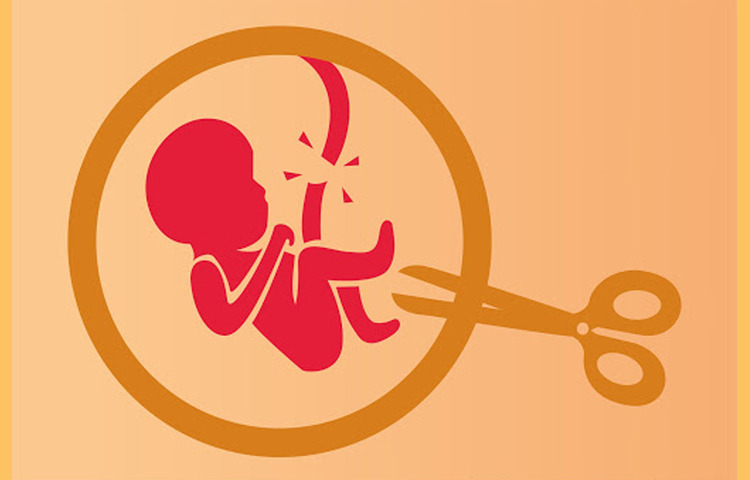“Punjab & Haryana High Court Allows Termination of 15-Week Pregnancy Amid Allegations of Sexual Assault by Husband”
May 21, 2024 2024-07-05 14:33“Punjab & Haryana High Court Allows Termination of 15-Week Pregnancy Amid Allegations of Sexual Assault by Husband”

“Punjab & Haryana High Court Allows Termination of 15-Week Pregnancy Amid Allegations of Sexual Assault by Husband”
By Shazia Siddiqui
In a recent case before the Punjab and Haryana High Court, a young woman sought permission to terminate her pregnancy, alleging sexual assault by her husband. The petitioner, aged only 24, recounted a distressing narrative of coercion and abuse leading to her current predicament. Initially lured into a relationship under false pretenses, she found herself trapped in a marriage marred by cruelty and violation.
The petitioner’s ordeal began when she was introduced to a man who, she was told, was wealthy and enamored with her. However, this romantic facade quickly crumbled as she found herself held captive and coerced into marriage. Despite her protests and attempts to escape, she was subjected to both physical and psychological abuse, including repeated sexual assaults without her consent. Her pleas for help went unanswered, leaving her isolated and vulnerable.
Eventually, the petitioner managed to break free from her tormentor and sought refuge with her family. However, the trauma of her experiences continued to haunt her, compounded by the discovery of her pregnancy resulting from the assaults. Faced with the prospect of bringing a child into the world under such circumstances, she turned to the legal system for recourse.
In her plea before the High Court, the petitioner invoked the provisions of the Medical Termination of Pregnancy Act, 1971, seeking authorization for the termination of her pregnancy. The court, presided over by a Single Bench, carefully considered the merits of her case. Recognizing the gravity of the petitioner’s situation, the court emphasized the need to prioritize her well-being and autonomy.
The court acknowledged that forcing the petitioner to carry the pregnancy to term would only prolong her suffering and subject both her and the unborn child to a lifetime of stigma and hardship. Moreover, it underscored the inherent injustice in denying the petitioner the right to make decisions about her own body and future. In light of these considerations, the court concluded that allowing the termination of the pregnancy was the most compassionate and pragmatic course of action.
The court’s ruling reflects a commitment to upholding the principles of dignity and autonomy, particularly in cases involving vulnerable individuals such as the petitioner. By granting her plea, the court affirmed her right to agency and self-determination, offering a semblance of justice and closure in the face of overwhelming adversity.
In addition, the court expressed reservations about the opinion provided by the Medical Board, questioning its alignment with the petitioner’s best interests. In light of these considerations, the High Court granted the petitioner’s plea, directing the Civil Hospital to proceed with the medical termination of pregnancy in accordance with the law.
This ruling underscore the judiciary’s role in safeguarding the rights and well-being of individuals, particularly those facing circumstances of coercion and trauma. It highlights the importance of empathy and compassion in delivering justice, reaffirming the principle that every individual deserves to live a life of dignity and autonomy.
Case Title: XYZ v. State of Punjab and Others
Citation: 2024: PHHC:069706
Click here to read/Download the judgement









